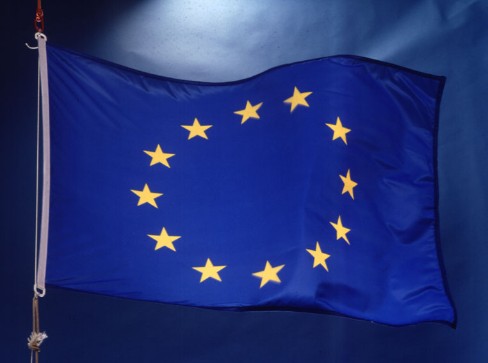 Credit: European Commission
Credit: European Commission
ASP’s Hugo Grondel On Why It Is Time To Answer TTIP’s Call For Action
-
In an op-ed published today by E!Sharp, ASP’s Hugo Grondel calls on the European Union and its member states to confront some of the myths that have surrounded the negotiations for the Transatlantic Trade and Investment Partnership (TTIP) head on. Ever since its inception in July 2013, several European NGOs and pressure groups have been extremely vocal in their opposition to this free trade agreement. This has led to numerous misconceptions amongst the European public as to what TTIP is about, and a balanced debate about the pros and cons is lacking in Europe. Grondel writes:
‘Political, business and civil society leaders all across Europe are finally waking up to this reality and are ramping up their efforts to provide the public with something else than plain fear-mongering. Time has come to switch from the defense to offense mode.’
The U.S.’s negotiating partner in this agreement is the European Commission and specifically its Trade Commissioner, Cecilia Malmström. Recognizing the need to switch from the defense to offense mode, she has increased the Commission’s outreach to the European public on this issue:
‘The European Commission has set out to do some serious myth-busting in recent months. Their latest effort: never seen before transparency measures, opening up complete issues of negotiating texts to the public and providing understandable fact sheets outlining the EU’s position on every single topic under discussion.’
But, according to Grondel, it is vital for European national and local governments to share in the responsibility of jumping to the offense mode. Making sure that the European public maintains a well informed and balanced discussion on TTIP cannot depend on the European Commission’s efforts alone.
‘Local governments and business leaders have to reach out to constituents, small business owners and medium sized enterprises to let them know that TTIP is really about them – contrary to the populist image of TTIP as the result of a love affair between Brussels and the world’s largest multinational corporations. They have to talk about the opportunities that TTIP will create for them. How it will make exporting across the Atlantic a lot easier for the not-so-big businesses across Europe and how that in turn will increase competitiveness, provide consumers with a larger variety of safe and high quality products.’
Finally, Grondel stressed the importance of injecting the geopolitical significance of TTIP into the European narrative and public debate:
‘The US and the EU share many more similarities than they have differences. Whether it is their shared commitment to the advancement of human rights, democracy and open markets, or safeguarding high standards of regulatory protection, negotiating TTIP “cements our transatlantic alliance on all of these values, so that we can jointly advance them in the 21st century.” Joint efforts on these issues are especially important in a world that faces critical economic power shifts over the coming decades.’
For more information on the geopolitical importance of trade, please see: ‘The Strategic Push for Trade’






[…] ASP’s Hugo Grondel on Why It Is Time to Answer TTIP’s Call for Action […]